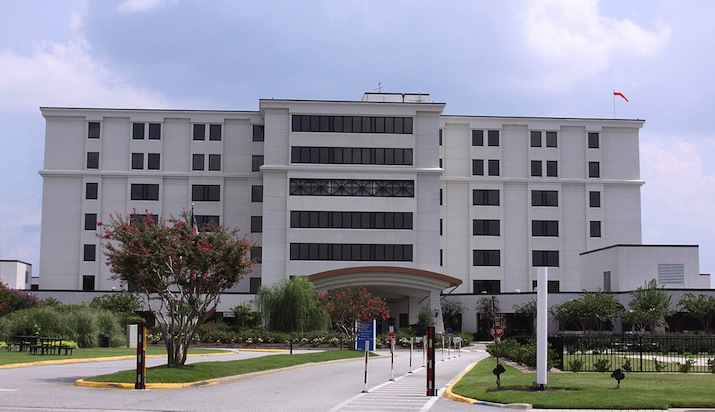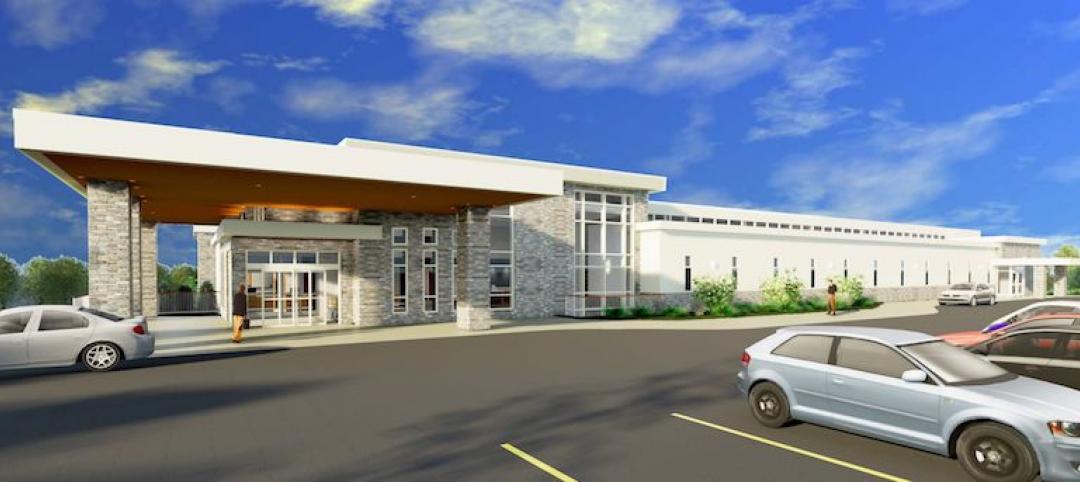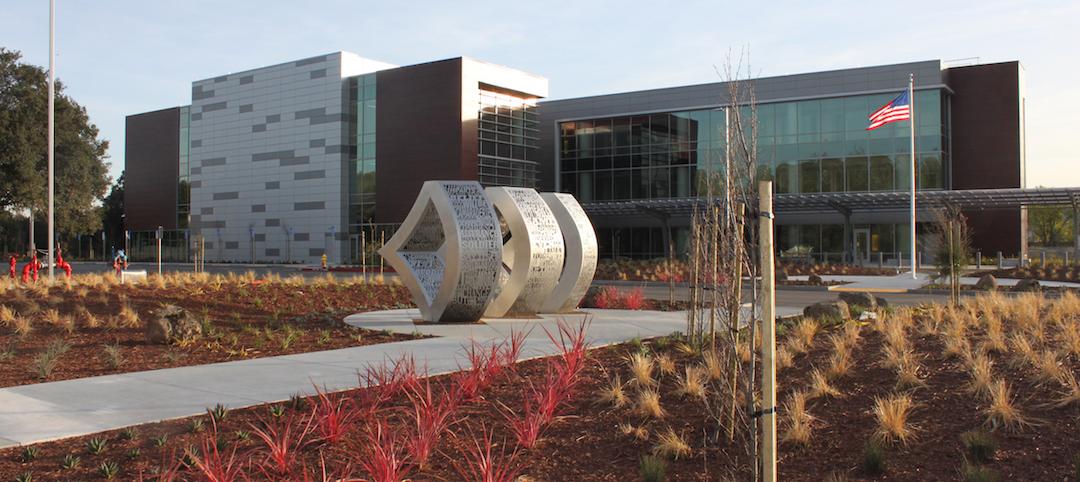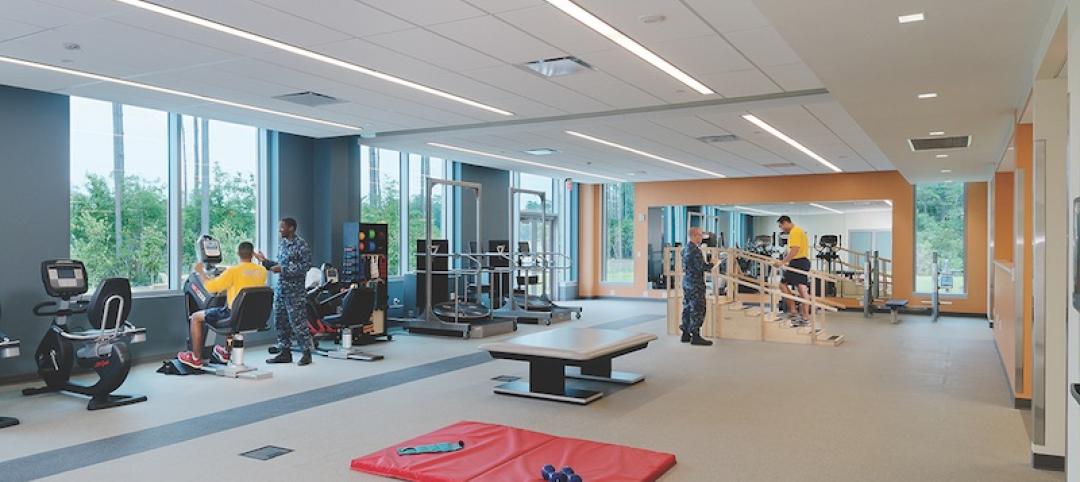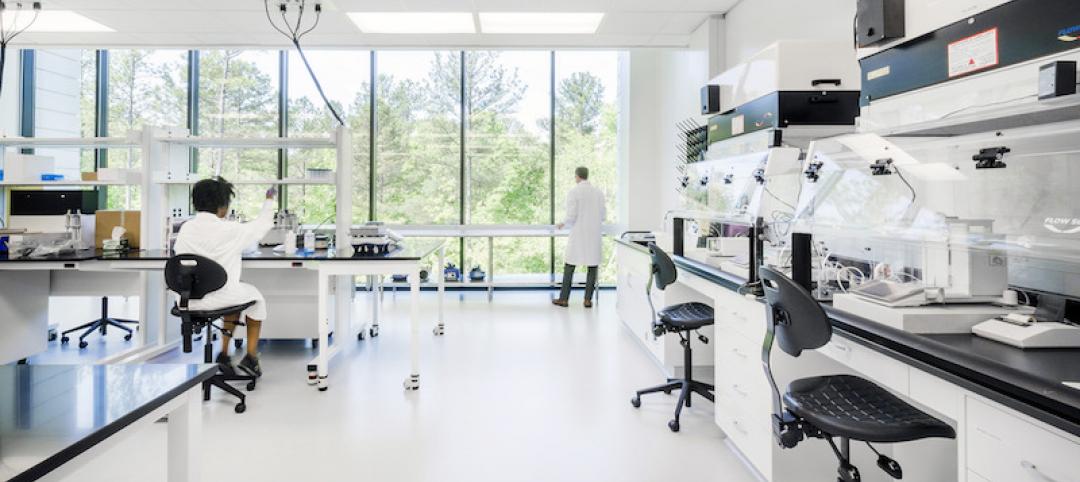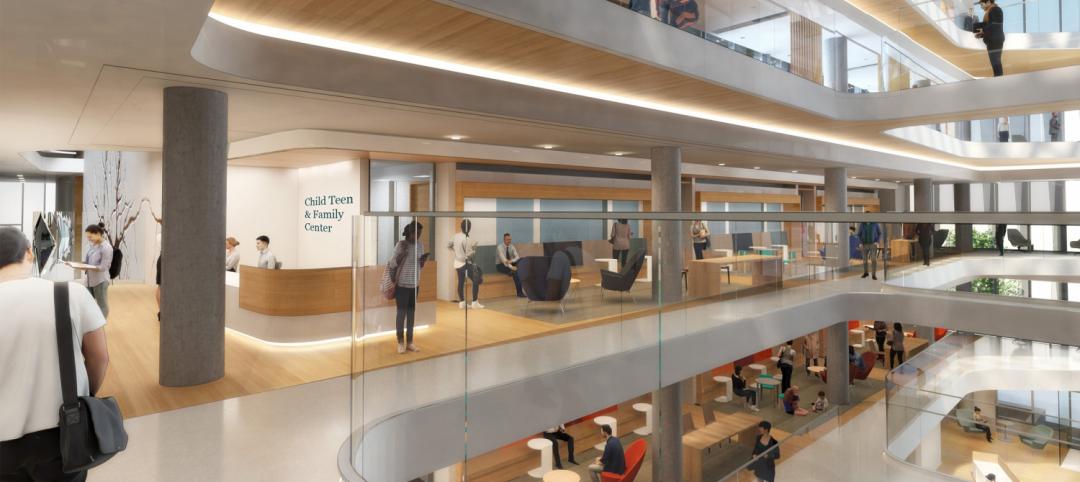South Carolina is one of dozens of states that require health facilities to get state permission for many kinds of construction and expansion projects.
Nikki Haley, the state’s governor, has been working to repeal these rules, and the federal government recently weighed in with its support. In a letter and attached statement to Haley, the Department of Justice and the Federal Trade Commission wrote that laws requiring a certificate of need impede competition and make such projects more expensive.
"By interfering with the market forces that normally determine the supply of facilities and services, CON laws can suppress supply, misallocate resources, and shield incumbent health care providers from competition from new entrants," federal officials wrote.
State lawmakers are considering a provision that would end the certificate of need requirement in 2018. A 1974 federal law required states to enact the certificate of need process in an effort to control health care costs, but Congress repealed it 13 years later after studies showed it had little effect on cost control.
Related Stories
Healthcare Facilities | Oct 30, 2018
Orthopedic Associates of Hartford unveils plans for 45,000-sf surgical center
MBH ARCHITECTURE is the architect for the project.
Healthcare Facilities | Oct 29, 2018
Outpatient clinics bring the VA closer to injured veterans
The Department of Veterans Affairs is making efforts to improve its construction management and align its design guidelines to industry standards.
Healthcare Facilities | Oct 22, 2018
WSP-HKS JV signs deal for U.S. Navy construction work
The contract is not exclusive to the two firms, but it lets NAVFAC assign certain projects to them.
Healthcare Facilities | Oct 12, 2018
N.Y. builder pushes to get military trauma centers up and running quicker
To date, seven NICoE Spirit satellite centers have been built on the grounds of Fort Belvoir in Virginia, Camp Lejeune and Fort Bragg in North Carolina, Fort Campbell in Kentucky, Fort Hood in Texas, Joint Base Lewis-McChord in Washington, and Camp Pendleton in California.
Healthcare Facilities | Sep 7, 2018
Medical office construction isn’t keeping pace with the aging of America
A new Transwestern report suggests a “rethinking” of healthcare delivery approaches that lean heavier on technology.
Engineers | Aug 22, 2018
An electrical engineer’s take on designing successful pharmaceutical lab space
Patrick Licklider, PE, CEM, GGP, LEED AP BD+C, an electrical engineer in Clark Nexsen’s Science + technology practice, shares his perspective on what it takes to successfully design laboratory and manufacturing environments for the fast-changing pharmaceutical and biotech industry.
Healthcare Facilities | Aug 3, 2018
Seismic deadlines approaching for healthcare companies
California hospitals can save money with a holistic approach to retrofit issues.
Healthcare Facilities | Jul 30, 2018
Best in healthcare design 2018: Seven projects win AIA/AAH Healthcare Design Awards
The Steven Holl-designed Maggie’s Centre Barts cancer treatment facility in London highlights the honorees of the AIA Academy of Architecture for Health 2018 Healthcare Design Awards.
Healthcare Facilities | Jul 26, 2018
Healthcare market trends 2018: Health systems get leaner, more resilient
Hospitals set their sights on improving patient convenience and operational efficiency.
Healthcare Facilities | Jul 11, 2018
5 ways design is transforming behavioral healthcare
Circadian lighting, calming materials, and transparency are helping to normalize the patient experience in behavioral healthcare.


